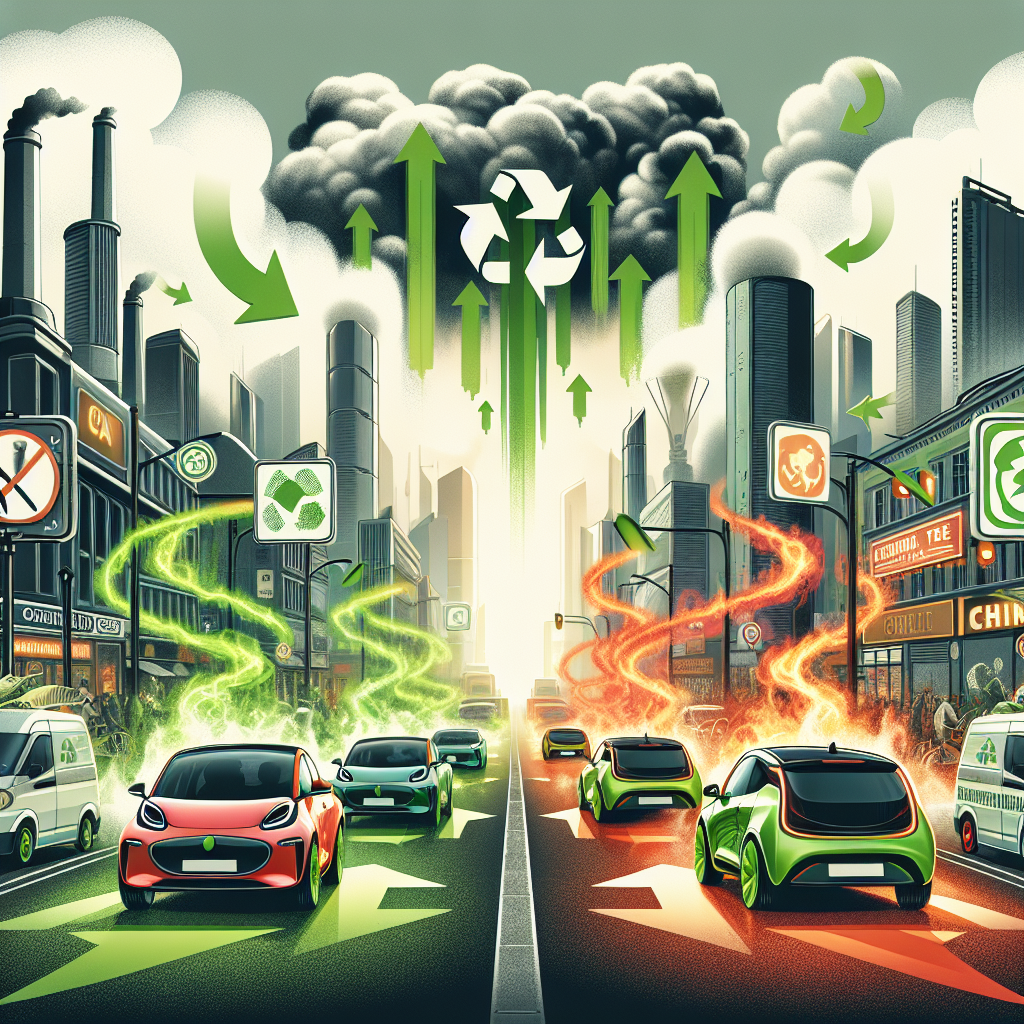Renowned author Amitav Ghosh, who was born in Kolkata and currently resides in New York, has expressed his views on climate change, stating that renewable energies, carbon credits, and electric cars are not the solution. Instead, he believes that the world should focus on local community solutions, particularly those developed in countries like Bangladesh.
Speaking at the Global Cultures Institute’s annual lecture at King’s College London on Thursday night, Ghosh stated that the recent COP has exposed all the absurdities surrounding climate change. He also agreed with Greta Thunberg’s statement that the discussions on climate change are just “blah blah blah.”
According to Ghosh, the West is too focused on statistics and macro-driven data, and the literature on climate change, which is mostly produced by the West, is centered on technical and economic issues. He believes that the proposed solution of a quick transition to alternative energy will not solve the problem, as it does not address the underlying issue of extractivism and the battle for resources.
When asked about the effectiveness of renewable energy, carbon credits, and nuclear energy, Ghosh stated that they are not the solution. He believes that the key to resilience and mitigation lies in local initiatives and endeavors. He cited Bangladesh as an example, where the population is well-informed about climate change and has come up with their own solutions. He emphasized the importance of community ties and knowledge of the land in building resilience.
Ghosh also highlighted the destructive impact of militarization on the environment, stating that it is the single most ecologically destructive human endeavor. He pointed out that research on the environmental impact of militarization is non-existent. He also mentioned that during the Iraq war, the US military consumed 1.3 billion gallons of oil annually, which is more than the annual consumption of Bangladesh. He believes that conflict and national rivalry are the fundamental drivers of climate change, but these issues are rarely discussed.
In conclusion, Ghosh believes that the solution to climate change lies in local community solutions and not in technological solutions. He urges people to focus on building resilience and knowledge of the land rather than relying on statistics and macro-driven data. He also calls for a discussion on the environmental impact of militarization and the role of conflict and national rivalry in driving climate change.

